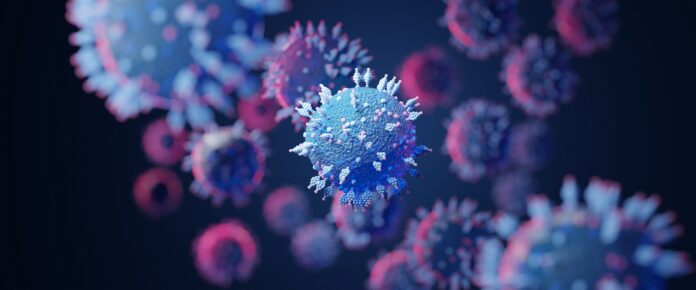As another Omicron subvariant sweeps through the nation, the amount of COVID cases is shooting back up. And unfortunately, our one glimmer of hope about reinfections has also gone away. However, more and more people are contracting coronavirus multiple times and in a short timeframe.
According to the CDC, the BA.5 variant is the dominant strain of COVID-19 in the country. Currently, it is hard to have an exact count of cases due to people taking at-home tests, but reinfections are increasing. For instance, 31,000 people in the U.S. are hospitalized with COVID. Compared to last week, hospital admissions are up 4.5%, and per data from NY state, reinfections are trending upward.
What You Need to Know About the BA.5 Variant
How dangerous is the BA.5 variant for the vaccinated? There isn’t any evidence that this new variant causes more severe illness. Although infections are rising, a surge like last winter is unlikely, partly because of the number of vaccinated.
On average, there were about 300 deaths per day compared to 3,000 last winter. Dr. Anna Durbin, a professor at John Hopkins University School of Medicine, says the combination of prior infections and vaccinations is still protective.
“Most people have some underlying immunity that helps fight the virus,” she explains. “We have antivirals…And I think that because of that… we do not see a rise in deaths. And that’s very reassuring. It tells me that even this virus, even BA.5, is not so divergent that it is escaping all arms of the immune system.”
She also added that future booster shots targeting omicron should be helpful with prevention.
The Future Risks After Reinfection
A pre-print study published in June suggested that individuals who are reinfected multiple times may have a higher risk of long-COVID symptoms. Thousands of reinfection cases saw a wide range of issues, including:
- respiratory conditions
- cough
- shortness of breath
- fatigue
- brain fog
- metabolic disease
- cardiac disease
- kidney disease
- diabetes
Researchers took blood samples from individuals who were vaccinated and boosted and learned they had a reduced ability to neutralize the BA.5 virus. In addition, blood samples from people who had breakthrough infections from BA.1 also showed reduced neutralization.






